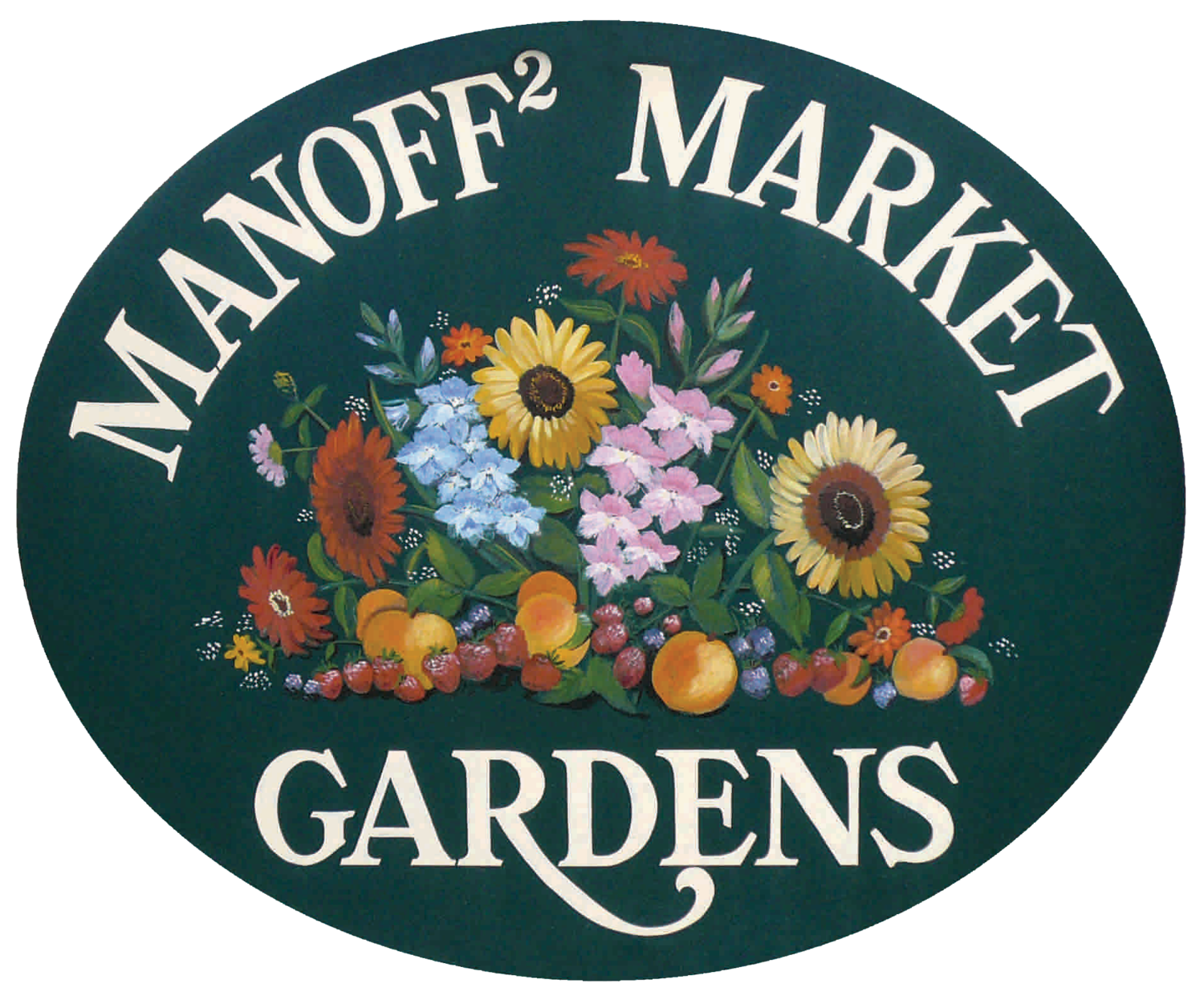What do Black Cake and Brisket have in common?
Feel free to jump to the end for the recipe!
Last month’s cider book club featured Black Cake, a novel by Charmaine Wilkerson that explores the power of secrets lived through multiple generations within one family. Black cake, a traditional Jamaican recipe, was the glue, the food of remembrance and celebration that ultimately unified a family torn by secrets and trauma of forced migration. We asked the question, “What is each of our family recipes or cultural foods?”
Our conversation brought up emotions of nostalgia, remembrance, as well as painful memories of racism and intolerance. We went deep! Food is often a key cultural marker, a touchpoint to our identities and the experiences we or that our ancestors lived. Trauma is inherited, though never left in wills, except in Black Cake, it unconsciously passes through generations and each generation afterwards metabolizes it differently. Society changes, for example, blatant racism in the form of segregation and violence has mutated into micro aggression, unconscious bias, and systemic inequality. Each generation has to reconcile what came before and figure out how to turn negativity into fuel. Often identifying the source of what makes us uncomfortable can shed light on our own biases, or our own fears. Knowing our history makes us better informed about the choices that empower us as diverse individuals within society. As James Baldwin said, “Not everything that is faced can be changed, but nothing can be changed until it is faced.” How best then to prevent us from the slippery path of self-righteousness or victimhood? How do we fight a fire without becoming an inferno? A better question may be, “How do we create empathy in the face of adversity, negativity, pain?”
Food at face value may seem a-political but if I ask, “What is American food?” The answers are as sweeping as the gradient of political opinions. Politics is rooted in “who gets what, when, how” said Harold Lasswell, one of the first communication scientists to research propaganda. Food is not just fuel, it is a lifestyle, it is socio-economics, it is family gathering together, it is tribal yet can cross boundaries and it is intimately connected to land and origins.
The questions we asked during book club, don’t have easy answers. For myself, I shared how proud I am to make Palestinian food with my daughter for her father’s heritage, manaqish (flatbread with zaataar and the greenest olive oil) and diwali (grape leaves rolled with rice and spices). I call it Palestinian food for a reason; there is power in naming. In the face of erasure and ethnic cleansing, what can we do, but reclaim our narratives. Resist through passing on traditions, food and pride. I will also teach my daughter the tradition of brisket at Passover. This is celebratory food from my family’s diaspora; it’s a food that is steeped in Ashkenazie (‘white’ eastern european) Jewish heritage. One recipe we’ve come across uses our favorite ingredients, apples! To create depth of flavor and nuance. I’ve posted the recipe below. One of the take-aways from our book club discussion was turning negativity into positivity, and one of the members shared their creation of Bucks County Culture Fest a collaborative diversity centered event with dancers, artisans and food happening April 28th, 11am-4pm in Newtown at the Bucks County Community College.
-Chelsea Manoff
Recipe: Ciderhouse brisket
from The Ciderhouse Cookbook by Jonathan Carr and Nicole Blum
recipe serves 10
Ingredients:
7 ½ lbs of brisket
2 Tbs salt
1Tbs paprika
1 Tsp ground cumin
2 Tbs oil
4 onions thickly sliced
3 heads of green garlic or 3 cloves crushed
1 cup dry hard (Manoff) cider
1 can (28oz) whole peeled tomatoes
3 sprigs fresh rosemary
1 bay leaf
½ cup (Manoff) apple cider syrup
¼ cup chopped fresh parsley for garnish
1 The day before you cook, rub the brisket with salt and refrigerate overnight.
2 Preheat oven to 325 degrees F
3 Combine the paprika and cumin (and the salt if you didn’t salt the meat the night before) in a small bowl. Remove the meat from the fridge and rub the spices over the meat.
4 Heat oil in a large Dutch oven over medium heat. Add the meat and brown on both sides, 4 to 5 minutes each side. Transfer brisket to platter.
5 Add the onions to the pot and stir with a wooden spoon, scraping up any browned bits. Cook until the onions have softened 10 to 15 minutes. Add the garlic for the last 5 minutes. Add the hard cider to deglaze the pot.
6 Set meat on the bed of onions and garlic add the tomatoes, rosemary, bay leaf and syrup. Put the lid on the pot (or cover with foil) and set in the oven to braise for 5 ½ hours or until the meat is very tender and pulls apart easily. Carr's Ciderhouse
